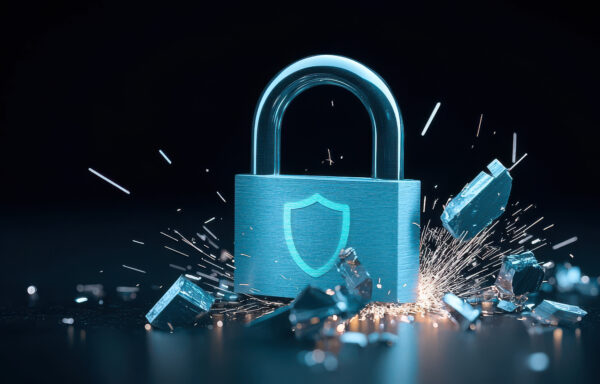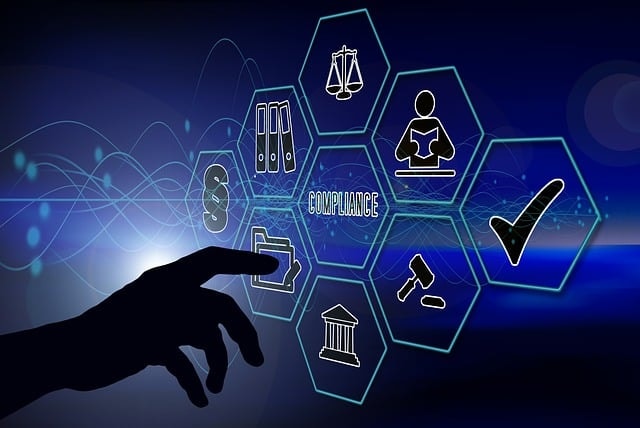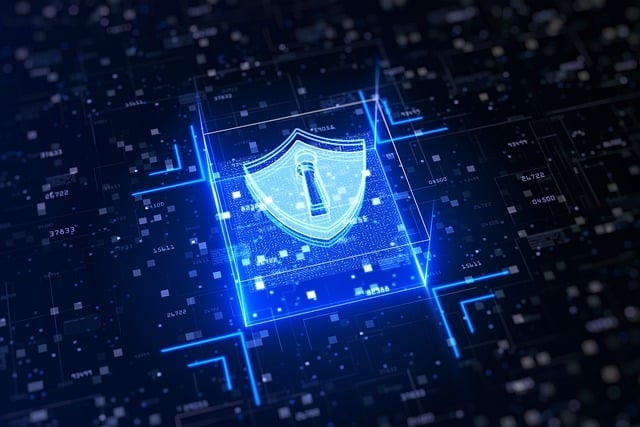SOC2: The Broken Facade of Security Compliance

For startups and mid-market companies looking to externally prove their security, the AICPA’s SOC2 compliance is currently the standard in the US. There are a few problems, however, with this approach. First and foremost, COMPLIANCE IS NOT SECURITY. Yes, I screamed that in all caps, because it can’t be stressed enough. I am a proponent of compliance, but as one element of a total security program. You should have actual security in the form of a robust security program, which conforms to the required compliance controls and standards which you can then demonstrate through an audit. Unfortunately, this is not what is currently happening in the industry. The current model often prioritizes checkboxes over genuine risk management.
Overall, the pursuit of a SOC2 audit can create a false sense of security – especially when the same firms responsible for developing a company’s security program are also the ones auditing it.
The current landscape

Many organizations adopt a security program that largely consists of documented policies, procedures, and a few automated scans. In many cases, these efforts are prepared by firms with financial incentives that may conflict with the independence required in an audit process. There are several points to consider:
Conflict of interest
When auditors and consultants operate under the same banner, independence is compromised. This situation can lead to a process that is more about satisfying auditors than truly mitigating risk.
Resource allocation
Teams often include CPAs with little technical or cybersecurity experience, or rely on a small number of cyber leaders supported primarily by less experienced or offshore resources. Such arrangements may fall short when faced with real-world threats.
Reliance on technology alone
A heavy emphasis on technology, such as automated scanning or basic monitoring platforms, can leave significant gaps in security. Effective cybersecurity requires the balanced integration of people, process, and technology.
Conflict of interest in audit preparation and execution

Recent research into firms that offer both audit preparation and the audit itself highlights a pressing concern. These companies present an integrated compliance model that promises convenience and speed by combining technology with in-house or affiliated auditing teams. While this “one-stop” approach may reduce audit timelines and lower costs, it raises ethical questions. When the same firm both coaches an organization on setting up its controls and then audits those controls, the result can be a form of “rubber-stamping” that compromises auditor independence. Even if these firms maintain formal separations between advisory and audit functions, the inherent conflict of interest remains – a scenario reminiscent of “students grading their own homework.”
This means critical gaps will likely be overlooked, which increases risk not just for the audited organization, but for anyone doing business with that organization – believing that their SOC2 attestation is accurate.
The solution: Comprehensive cybersecurity programs

In the end, the pressing challenge for organizations is to look beyond the allure of a SOC2 certificate as a silver bullet for security. Instead of simply chasing compliance checkboxes, businesses must commit to building a robust, comprehensive security program that truly addresses the dynamic risks they face. The current landscape, with its inherent conflicts of interest and over reliance on technology, demands a shift in mindset. It’s not enough to prove that you can pass an audit; you need to ensure that your security practices are effective, sustainable, and capable of protecting your stakeholders in real-world scenarios.
This is why it’s essential to partner with a cybersecurity firm that uses outcomes as their guide. Look for a partner who emphasizes measurable results and aligns their approach with your broader business objectives, rather than just facilitating a convenient audit process. By demanding true accountability and integrity in your security strategy, you not only safeguard your organization but also contribute to raising the overall standard of cybersecurity across the industry.
